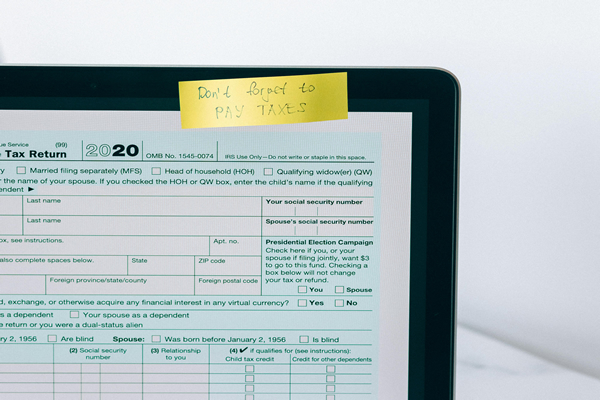Paying Your HMRC Tax Bills Using Bridging Loans

Paying Your HMRC Tax Bills Using Bridging Loans
As a business owner or individual taxpayer, the responsibility of settling HM Revenue and Customs (HMRC) tax bills is an essential part of financial management. However, there are times when cash flow constraints or unexpected expenses make it challenging to meet these obligations promptly. In such situations, exploring alternative financing options becomes imperative. One such solution gaining traction is the utilisation of bridging loans to cover HMRC tax liabilities. In this article, we’ll delve into what bridging loans are, how they work, and whether they are a viable option for paying your HMRC tax bills.
Understanding Bridging Loans
Bridging loans are short-term financing solutions designed to “bridge” the gap between immediate financial needs and longer-term funding. These loans are typically used in property transactions, where speed is crucial, but they can also serve various other purposes, including covering tax liabilities. Bridging loans are secured against an asset, often property, which provides lenders with a level of security, allowing for quicker approval and disbursement of funds compared to traditional loans.
How Bridging Loans Work
When considering using a bridging loan to pay HMRC tax bills, it’s essential to understand how the process works. Here’s a step-by-step breakdown:
- Assessment: The borrower applies for a bridging loan, providing details about the amount required and the purpose, such as paying HMRC tax bills.
- Valuation: The lender assesses the value of the borrower’s asset, usually property, which will serve as collateral for the loan.
- Approval: Once the lender is satisfied with the valuation and the borrower’s ability to repay the loan, they approve the application.
- Disbursement: Upon approval, the funds are disbursed quickly, often within days, allowing the borrower to settle their HMRC tax liabilities promptly.
- Repayment: Bridging loans are short-term, typically ranging from a few months to a year. The borrower must repay the loan within this period, either by selling the asset used as collateral, refinancing with a long-term loan, or using other available funds.
Benefits of Using Bridging Loans for HMRC Tax Bills
- Speed: Bridging loans offer rapid access to funds, enabling taxpayers to meet HMRC deadlines without delay.
- Flexibility: These loans can be tailored to suit individual needs, with varying repayment terms and structures.
- Asset Utilisation: Borrowers can leverage existing assets, such as property, to secure financing without the need for extensive documentation or credit checks.
- Avoidance of Penalties: Timely payment of HMRC tax bills helps avoid costly penalties and interest charges, preserving the borrower’s financial health.
Considerations Before Opting for Bridging Loans
While bridging loans can be a viable option for paying HMRC tax bills, it’s essential to consider the following factors:
- Cost: Bridging loans often come with higher interest rates and fees compared to traditional loans, which can increase the overall cost of borrowing.
- Exit Strategy: Borrowers must have a clear plan to repay the loan within the agreed-upon term to avoid potential financial difficulties.
- Risk: As with any form of borrowing, there are risks involved, particularly if the borrower fails to repay the loan as agreed, which could lead to the loss of the secured asset.
Paying HMRC tax bills is a crucial aspect of financial management for businesses and individuals alike. When faced with cash flow constraints or unexpected expenses, utilising bridging loans can provide a practical solution to meet these obligations promptly. However, it’s essential to weigh the benefits against the costs and risks involved and ensure a clear repayment strategy is in place. By understanding how bridging loans work and considering their suitability for your financial circumstances, you can make informed decisions to manage your HMRC tax liabilities effectively.
